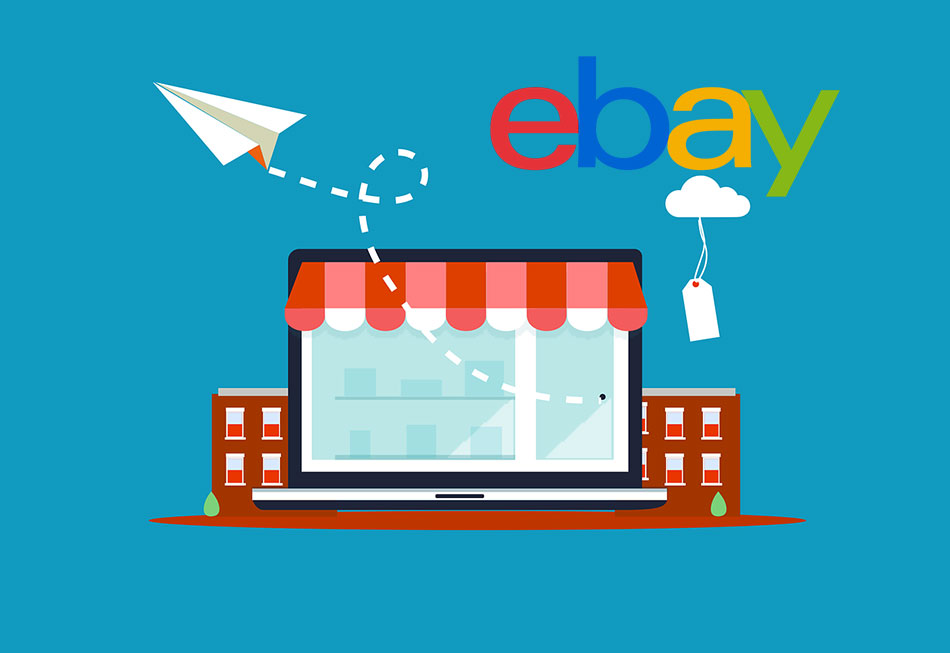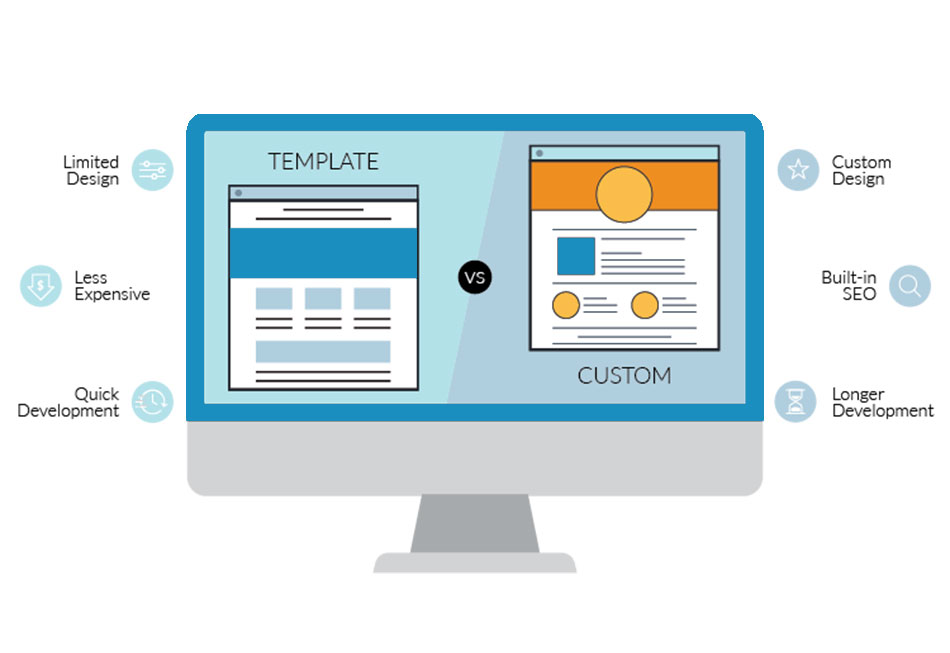
Why Do You Need a Website If You Have a Facebook Page?
Why do you need a website if you have a Facebook page? A question many have asked. We are here to answer that question.
Facebook is amazing, in particular because of its accessibility. You can make connections across the globe and share content — for free! You can quickly turn a Facebook Page into a content hub that generates traffic and gets tons of likes and shares, again for free.
The trouble starts when you try using your Facebook Page as you would your own website. You will quickly find that it lacks the full range of customisation that most businesses require.
Furthermore, because of Facebook’s terms of service, any user or Page may be removed at any moment from the platform with a vengeance. In an instant, all your likes, shares and comments are gone, reduced to nothing.
In this post, we’ll take a close look at the pros and cons of trying to substitute a website with a Facebook page.
Contents:
- Difference Between a Website and a Facebook Page
- Pros & Cons of a Website vs a Facebook Page
- How To Get a Business Website
- Should I Build a Website On My Own?
- Should I Hire a Professional?
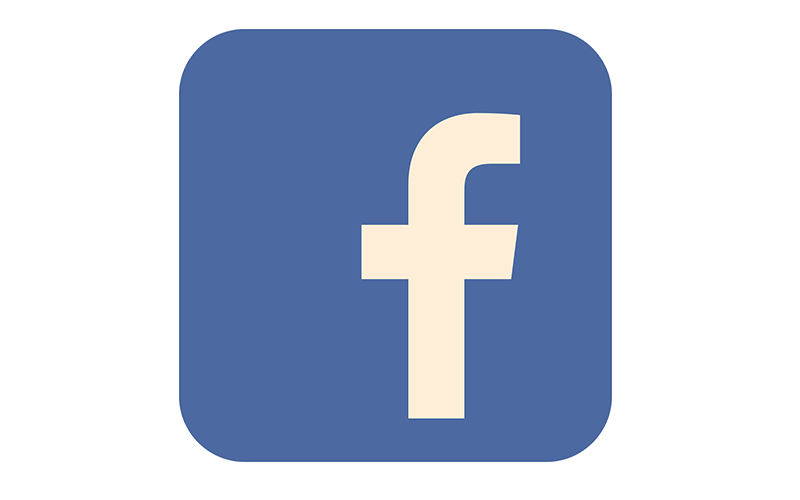
Can I Use My Facebook Page as a Website?
Sort of, but you shouldn’t.
The upside of Facebook is that it’s an absolutely gargantuan platform, allowing you to instantly reach across the globe. The downside is that, well, Facebook has the rules of conduct to match, and people who don’t have a Facebook account will never reach your business.
As of January 2021, Facebook’s Terms of Service count well over 50,000 words, consisting of legalese and a smattering of cutesy terms. The rules may change without notice and be enforced differently depending on what Facebook’s current stance on the matter is.
Beyond those considerations, a Facebook Page just can’t match a custom website in terms of functionality, and at the end of the day, Facebook owns it. We’ll look at the specifics later in the post. But for now, just think about all of the stuff you can’t do on Facebook:
- You can’t customize the user experience.
- You can’t publish a blog to demonstrate your industry authority.
- You can’t easily buy and sell products.
- You can’t even create your own call-to-action button.
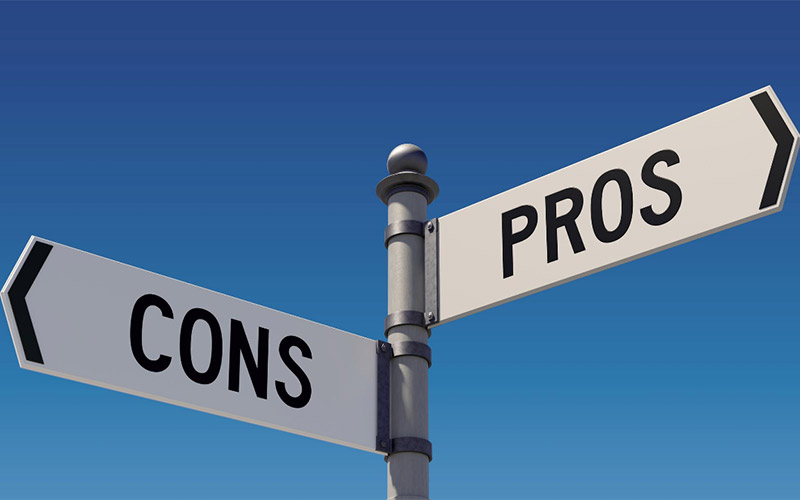
Don’t Build on Rented Land – The Business Journal
Can You Use Facebook For E-commerce?
In theory, yes; in practice, not very well.
Facebook’s Terms of Service make it exceedingly difficult to sell or even gift items unless your Page represents an actual brick-and-mortar store. Even then, there are some baffling rules for which there is no explanation other than Facebook wanting a catch-all provision to suspend anyone at any time.
Furthermore, Facebook just isn’t built for e-commerce. Sure, there is Facebook Marketplace, but that’s mostly for everyday people reselling used goods. You could add a Facebook Shop to your business page. This provides a more traditional e-commerce shopping experience, but it is still subject to Facebook’s interface restrictions and their ever-changing rules, not to mention it isn’t very user friendly, which is why people use these to redirect users to their actual website.
You might spend hours and hours and hours creating your store only to have it unapproved or taken down without explanation.
In short, you should use any other platform for E-commerce before Facebook. A website built on Shopify or WordPress will make it much easier to handle transactions, capture payments and manage inventory, while giving you the freedom to set rules as you please. The next question that might come to mind when having your own e-commerce website is how many products should I have on my website?
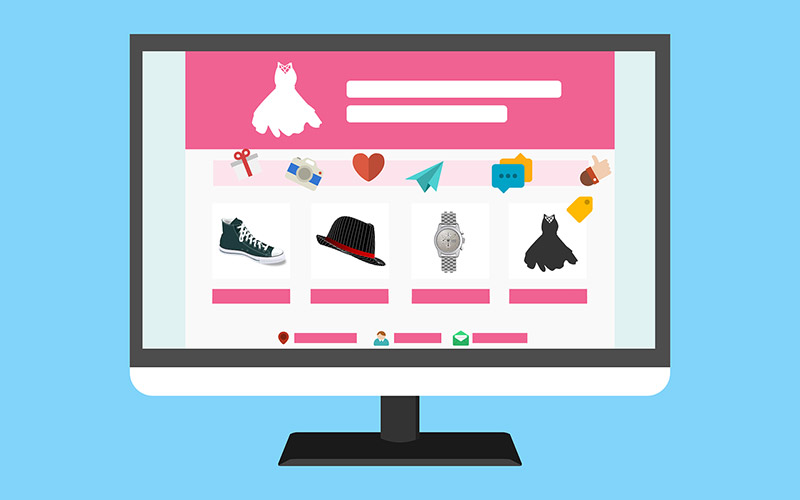
Difference Between Website and Facebook Page
A finished website and a Facebook Page may perform similarly and even look somewhat alike. To an untrained eye, there may be little difference. It’s only when you try to dig beneath the surface that you see the biggest differences.
Ownership
You control but don’t own your Facebook Page, whereas you both control and own your website.
On a Facebook Page, you are a squatter who is tolerated by the authorities but quickly booted at a moment’s notice.
On your website, you are the sovereign and may do as you please. The only limitations are international laws and your hosting provider’s wonderfully lax terms of service.
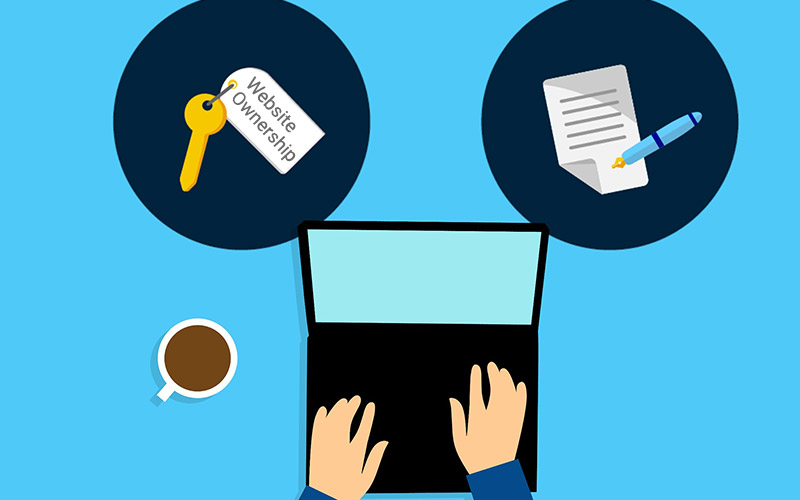
Control
Your control of a Facebook Page is limited by the access to editing and moderation tools Facebook gives you. You generally can’t reposition elements, customise functions, or add new features.
On your website, you have total control of what editing and moderation tools you can use and unlimited access to them. If you’re a good enough coder or hire one, you can actually make your own tools and features to provide users exactly what they need, when they need it.
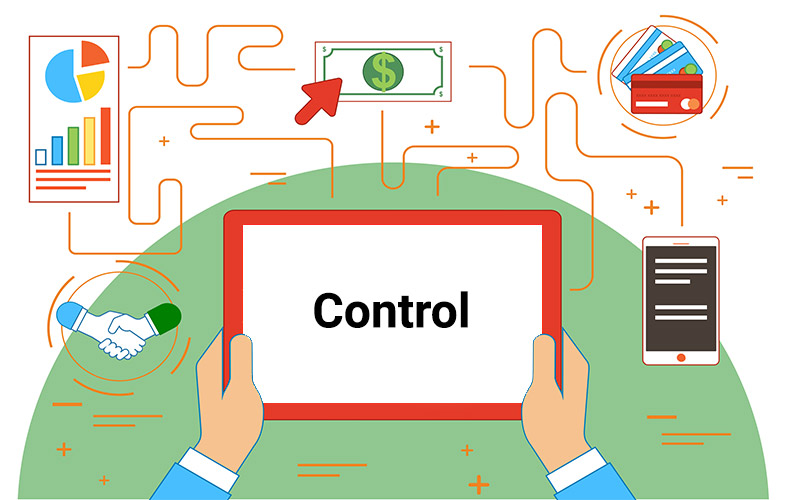
User Experience
On a Facebook Page, user experience is consistent across the entire platform and in accordance with Facebook’s idea of the platform. You can customise your Facebook Page but you can’t make drastic changes, since Facebook thinks about its brand first.
In comparison, your website can be as varied or as consistent as you want it to be. You can customise and drastically change every section on each page (or even let the visitor do that). You can build your own brand in whatever way you please and there’s nothing Facebook can do about it.
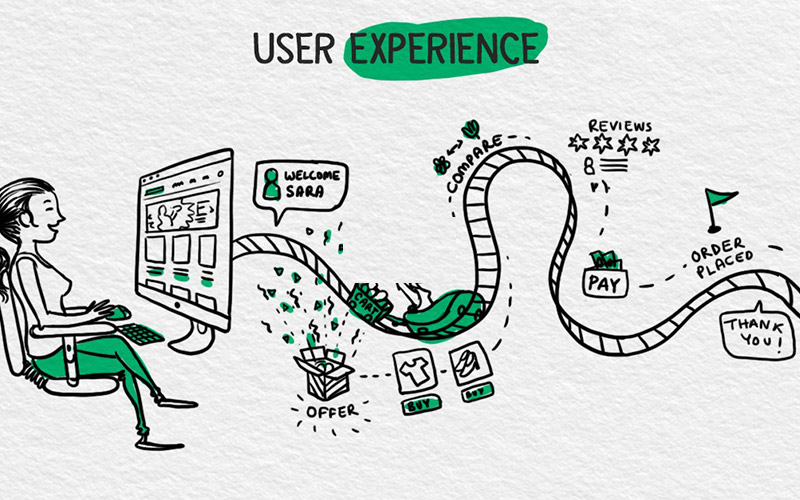
Pros and Cons of Website Vs Facebook
Websites do have cons as well, but they can be overcome with patience, planning and perseverance. As long as you make a long-term plan right from the start to create value for your visitors, they will come to appreciate it and you will have a successful website.
Con — You don’t have a built-in audience
The biggest problem when deciding to get a website is that you most often start from scratch — that applies to getting an audience as well. Your audience probably won’t be eager to leave the cosy comfort of Facebook or other platforms and join you. The experience will feel janky and alien, especially if your graphic design is subpar.
It can be so disheartening to put so much work into the technical details only to get 5 visits a day, 4 of which are from search engine bots. That’s why we recommend you work on SEO and lead generation right from the start. This will let you have huge surges of traffic and sales right from day one.
This might make you wonder, how do I market my online store to drive traffic and sales? – don’t worry, we have a separate article on this which will clarify any of the questions you might have.
That’s also why we said being transparent and building trust about what you’re doing is crucial. People want to learn how to build their own websites; by being open about it, you can help them achieve success. Not just that, but making decisions that benefit your audience more than anything else will make people invested and eager to stick around. Remember, when building a website, it isn’t about you, everything is about the customer and their user experience.
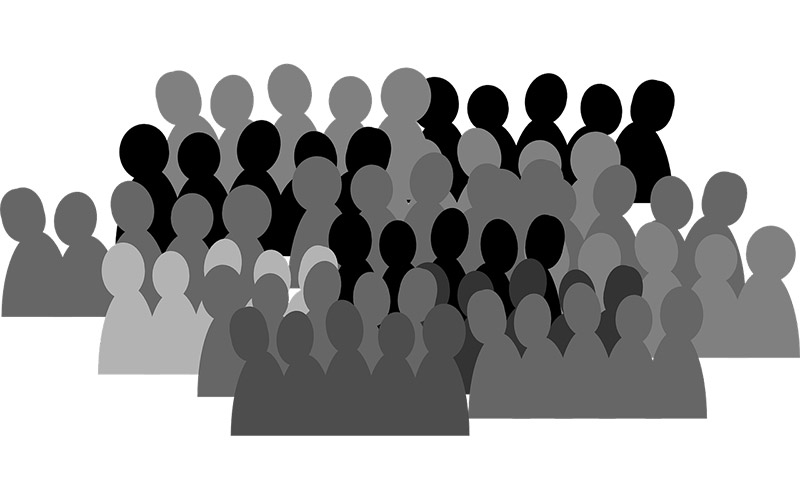
Pro — You can rank a website on Google
Google actually makes it a requirement to have a website before you’re listed in the local business directory. Ranking on Google just by having a Facebook Page is exceedingly difficult unless you’re a superstar politician, athlete or some other notable person, which might also give you extra leeway with Facebook.
When you achieve even a modicum of noteworthiness, you should plan to grow out of Facebook and towards your own digital space. This will let you build your reputation and steadily climb the search result ranks. Again, if you have a team that’s been through the process, it will go much faster and provide consistent results.
When people want to find out about something, they instinctively use a search engine, which don’t rank Facebook Pages highly. Search engines are much more nuanced in categorising websites, giving you the option to rank for a highly specific set of keywords. In comparison, if you’re a popular person with a Facebook Page, search engines will most often just point to it and let the visitor search through your posts, which can count in tens of thousands.
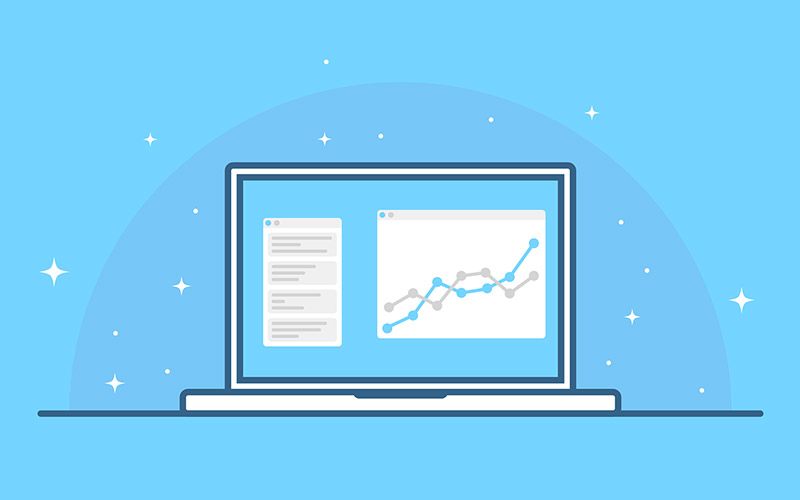
Con — You won’t have a built-in ad platform
Facebook earns about 95% of its revenue by selling ads, meaning it’s a slick, well-oiled, ad-churning machine. When leaving Facebook’s cosy bosom and venturing into the cold, careless universe of website ownership, you’ll have to make do with ad partners you can find.
You can work with local and regional marketing agencies, which can provide you with local ad partners, which is most often how you build your brand. It helps to have a dedicated marketing team whose only job is finding good ad opportunities.
Google and other marketing behemoths can work too but the customer experience is most often that they’re closed off, automated and unavailable unless you’re swinging millions of dollars. Working with large ad platforms feels like throwing money down a chute but getting little to no feedback on the effect.
We recommend thinking long-term and building valuable partnerships but remaining independent and striking your own path.
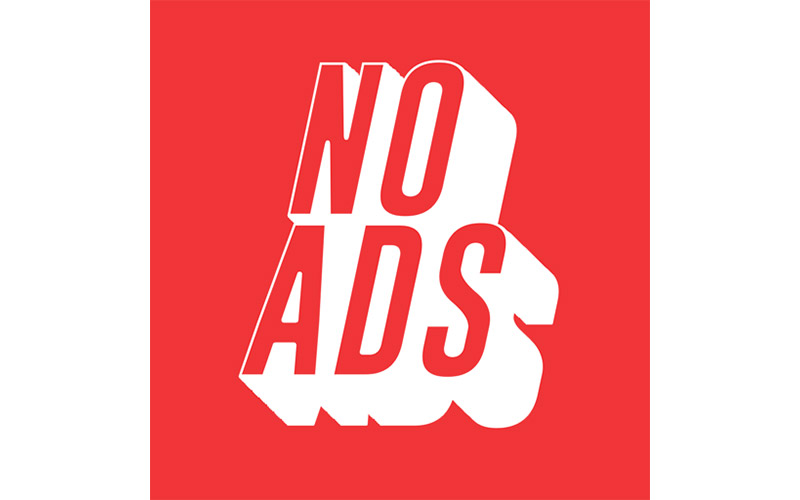
Pro — You can run ads on many different channels
Once you taste the freedom of building your own website, you’ll see the wealth of options at your disposal. Granted, it does take some time to get the ball rolling, but once it starts, the momentum takes care of the rest.
PPC (pay per click) marketing is mostly done through Google or (sigh) Facebook/Instagram but also other social media. TikTok is also proving to be a promising marketing platform thanks to how easily content creators play off of each other.
Content marketing is another great choice, providing a good return on your investment. Again, providing value and building engagement with your audience is how you get them to stick around and keep coming back.
When all else fails or your budget runs low, you can go back to the basics and do some email marketing. The best approach is personalisation based on user behaviour and metrics that drives engagement. In plain English, you build relationships with people, provide them with consistent value and transparency about your intentions.
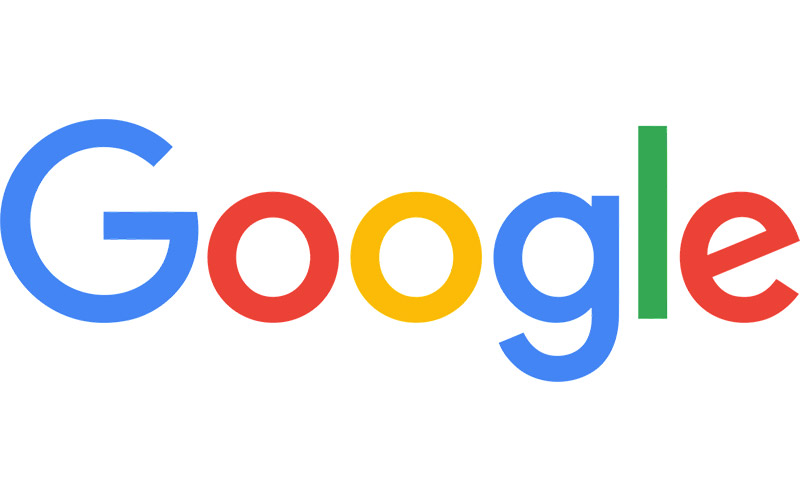
Con — Facebook is an established, trusted brand
Facebook has some 2.2 billion registered user accounts and the infrastructure to match. It comes preinstalled with Android mobile devices, which prompts many users to join in because their social circle is already on the platform. Even those that don’t use Facebook proper find themselves in the paddock thanks to Facebook’s aggressive acquisition of competing social networks. However, not all is dandy behind the scenes.
That same size of the infrastructure has made Facebook unmanageable, resulting in numerous security and hacking scandals. The most famous of these is the Cambridge Analytica one, where a grand total of 87 million users’ were exposed to hackers harvesting their private data. The Facebook brand has taken repeated wallops, which is why its Terms of Service are so strict.
When it comes to choosing between its users and its brand reputation, Facebook’s will always choose the latter. For now, Facebook is still trusted enough but its reputation is crumbling, leading to a steady exodus of users, some of which might end up on your website.

Pro — A website allows you to better brand yourself
Branding is essential to long-term business success. At first, your business can survive and steadily grow, but only until you have to compete in the international market. That’s when business owners most often realise that they don’t have a long-term goal or even a vision of what the business is about.
Having a website lets you test out your branding ideas, such as different colour combos, fonts and logos. As you go through the design process, you slowly crystallise your business vision and find a mark that uniquely represents you. We advise choosing such a brand that is easy to reproduce to lower production costs.
Your brand imagery should also look good when scaled up or down, while being recognisable at low resolutions and on tiny smartphone screens. This will set you apart from all the other brands and give you a bit of an extra edge in the marketplace.
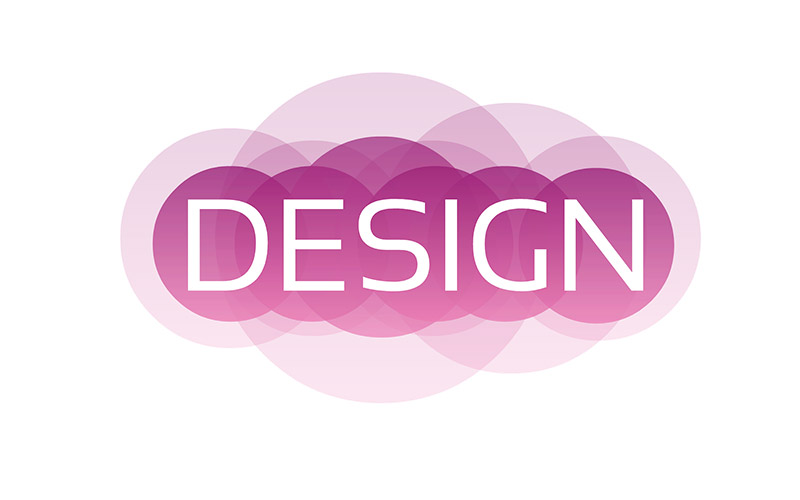
Con — User engagement isn’t easy or obvious on a website
On Facebook, people can react with a like or an emoji, post a comment or share the content. When a user visits your website, they most often leave no trace of their presence. Unless you’re specifically tracking their activity, you’ll probably not even realise how (un)popular you are. Still, many visitors don’t like the idea of being tracked and use various means to sabotage and avoid the tracking. No worries, because you can be transparent and get all the user feedback you need.
Create a comment section, install a live chat module or allow for email comments, which can immediately set up engagement and trust. People love when they feel their voices are heard, even if the matter is trivial.
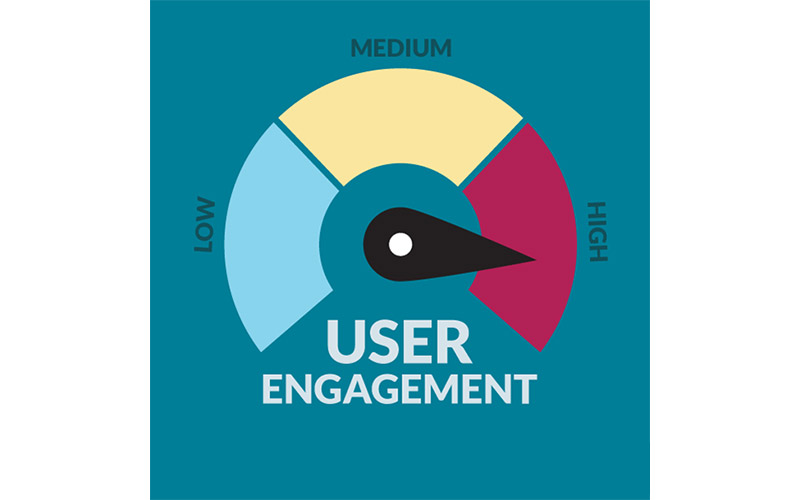
Pro — A website lets you gather detailed user analytics
On your website, you can gather as many metrics as you need to figure out user behaviour and also do A/B testing. That’s actually why Facebook has likes — instead of painstakingly figuring out what users want, Facebook offers them a smattering of content and tracks their likes. After a while, Facebook can figure out what the user enjoys and offer them more of the same.
For this purpose, most website owners use JavaScript, which can help you figure out user actions, such as clicks, highlights and scrolling. You’re not limited by it and can use any scripting language you like but the idea is to figure out which parts of your website cause the visitor to click away somewhere else. Once you detect them, you want to use A/B testing, meaning you create two versions of the page to randomly serve to your visitors to figure out the cause.
Related: What Is Google Analytics and How Does It Work?
A/B Testing is a user experience research methodology consisting of a randomised experiment with two variants, A & B. – Wikipedia
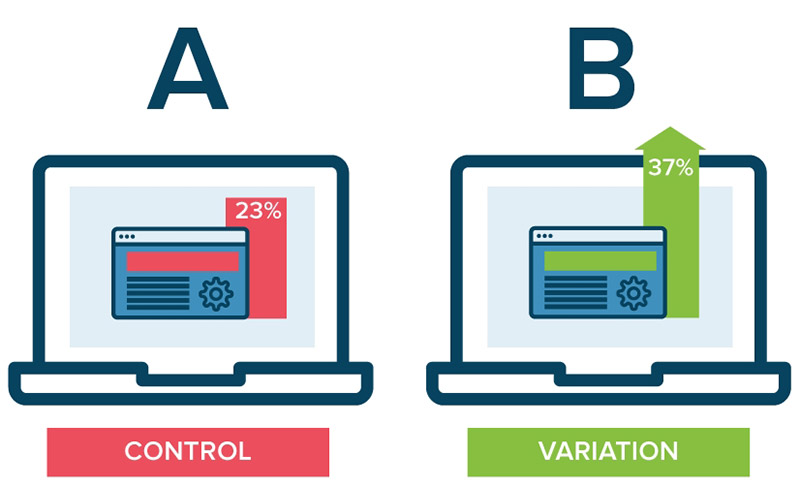
Con — Building a website requires more work than a Facebook page
Building a website is a team project, there’s no doubt about it. Even the smallest, simplest websites require constant tinkering to get them just right and keep the quality up. If you introduce an error into your work flow, it quickly propagates and creates months of work further down the line. Automation helps catch these errors and fix them but only to an extent.
What you need is professional advice and someone on the spot to do the maintenance. We at Masters of Digital do website migration and maintenance, helping you keep up the pace with the market and making sure your website is always up & running.
The average timeframe to create a basic website is anywhere from 40 to 100 hours – impactplus
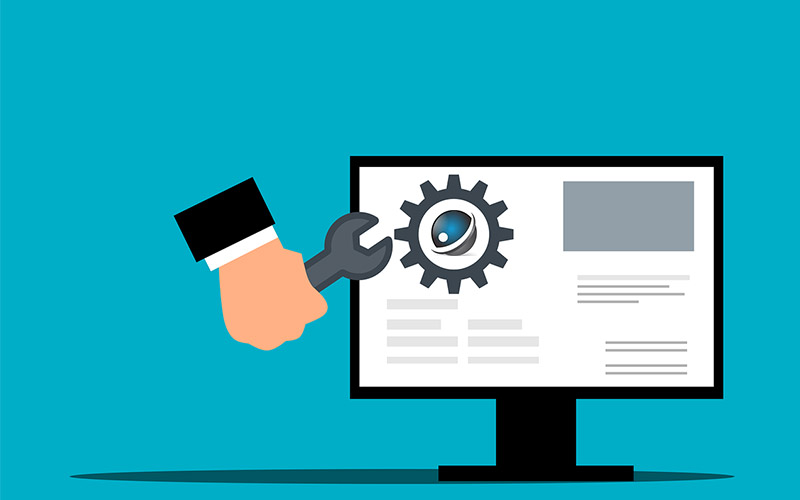
Pro — You can tailor your website to meet customer needs
There are all sorts of customers out there and just a handful of loyal ones can keep your business afloat. This is actually a business strategy known as “long tail”, which basically states niches are just as profitable as the mainstream market. Normally, businesses want to get as many first-time customers as humanly possible. If they come back, that’s fine, but the majority of customers are expected to be first-timers, who have no reference regarding the quality of the product or service. Of course, this kind of growth is untenable.
What the long tail idea suggests is to choose a niche and utterly dominate it, catering to discerning customers who know what they want. These customers cannot be fooled and demand the highest level of transparency but will pay any asking price to get exactly the kind of product or service they want. So, when you have a website, you can tailor it towards the mainstream customer or as many niches as you like, fulfilling your business vision in whatever way you like.
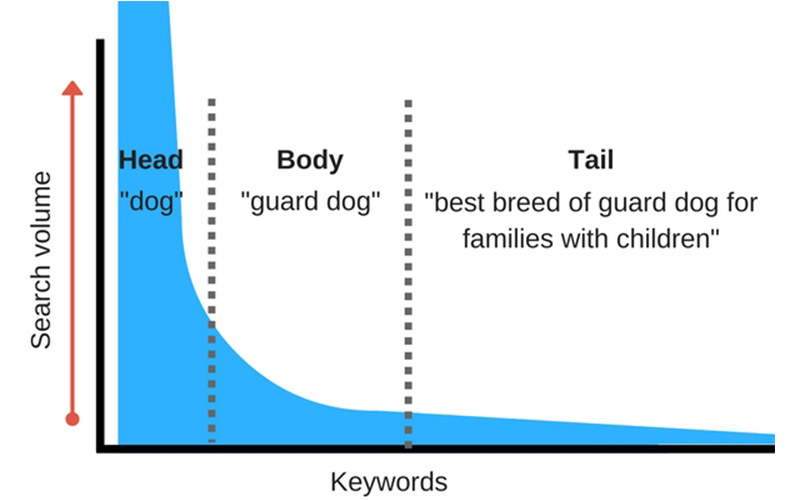
How To Get a Business Website
At its core, getting a business website means getting:
- a set of web pages created through web development
- a server and a web address to host them on, acquired through web hosting services
Masters of Digital can do the first task and recommend you a good hosting provider for the second task. You can actually do both of these yourself, though it’s quite difficult, especially if you plan on scaling.
We recommend you always gather several quotes and ask about the precise details of the offer before committing.

Do It Yourself
Working on your website by yourself can work up to a point, but if you experience a surge of traffic or some issues, your website may fall apart quickly.
What most amateur web developers do is copy/paste some other website’s source code and then slightly tweak it for their needs. That introduces errors into their website, which might not become apparent until the website grows in size and suddenly collapses under their weight.
The bare minimum you should know to make your website’s front-end is:
- HTML
- CSS
- JavaScript
Knowing PHP and C+ or C# will let you work on the back-end as well, though that’s equivalent to digging ditches with a spatula. Most website owners don’t bother with the back-end and deploy pre-made server software.
Still, your website won’t look like much without a website design team that is dedicated to graphics. Graphic design expertise means knowing at least Adobe Photoshop and Adobe Illustrator or their open source equivalents.

Hire a Professional
If you’re serious about making a website, you should hire a team of professionals from the start. To be clear, you can build your own website or cobble together a team but it’s likely everything will fall apart at the first crisis. To get reliable results, you need at least one professional; preferably a team of them.
That’s just to get the website started, but if you need constant traffic, you will have to focus on SEO and lead generation. In essence, those two mean that you’ll be getting on the screens of people who are looking for your products, services and content.
Masters of Digital also provides lead generation and online marketing services, directing people who want to find your website to it.
When hiring a company, it’s very similar to buying a car, you get what you pay for, that’s why when find a cheap website design, you should consider whether it is worth it or too good to be true.

Let Masters of Digital Build You a Fresh, Modern Website To Drive Traffic and Sales
In a world where platforms increasingly micromanage their users, a website is a refuge and a sovereign’s domain.
Let Masters of Digital make you a beautiful, custom website and help you become the master of your digital domain.
Considering a new Website? Complete the below form to discuss your project and get a free quote from your local Australian website designer.


